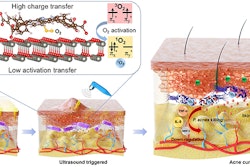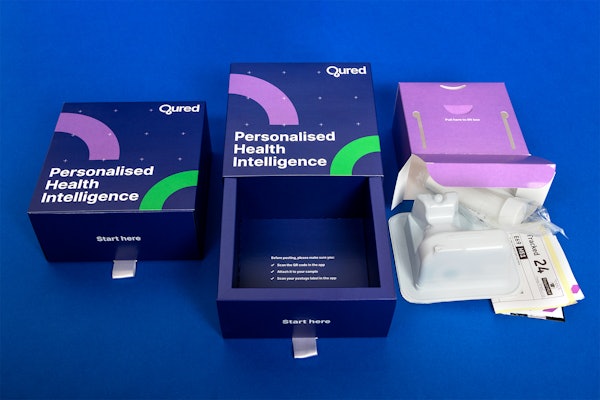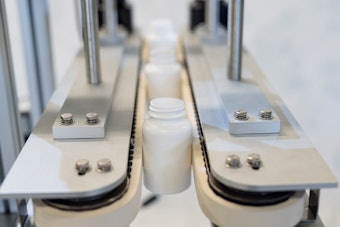
Getty Images
In 2020, more than 50,000 people died of colon cancer in the United States alone. According to a recent Interesting Engineering article, Australian and US researchers have collaborated to develop a method for early detection. The result was a study to develop a bacteria-based system that can detect tumor DNA in a live organism. The innovation has the potential to create biosensors capable of identifying infections, cancers, and various other diseases. The researchers engineered a bacteria named CATCH (Cellular Assay for Targeted CRISPR-discriminated Horizontal gene transfer) using CRISPR technology, which enables DNA editing.





















